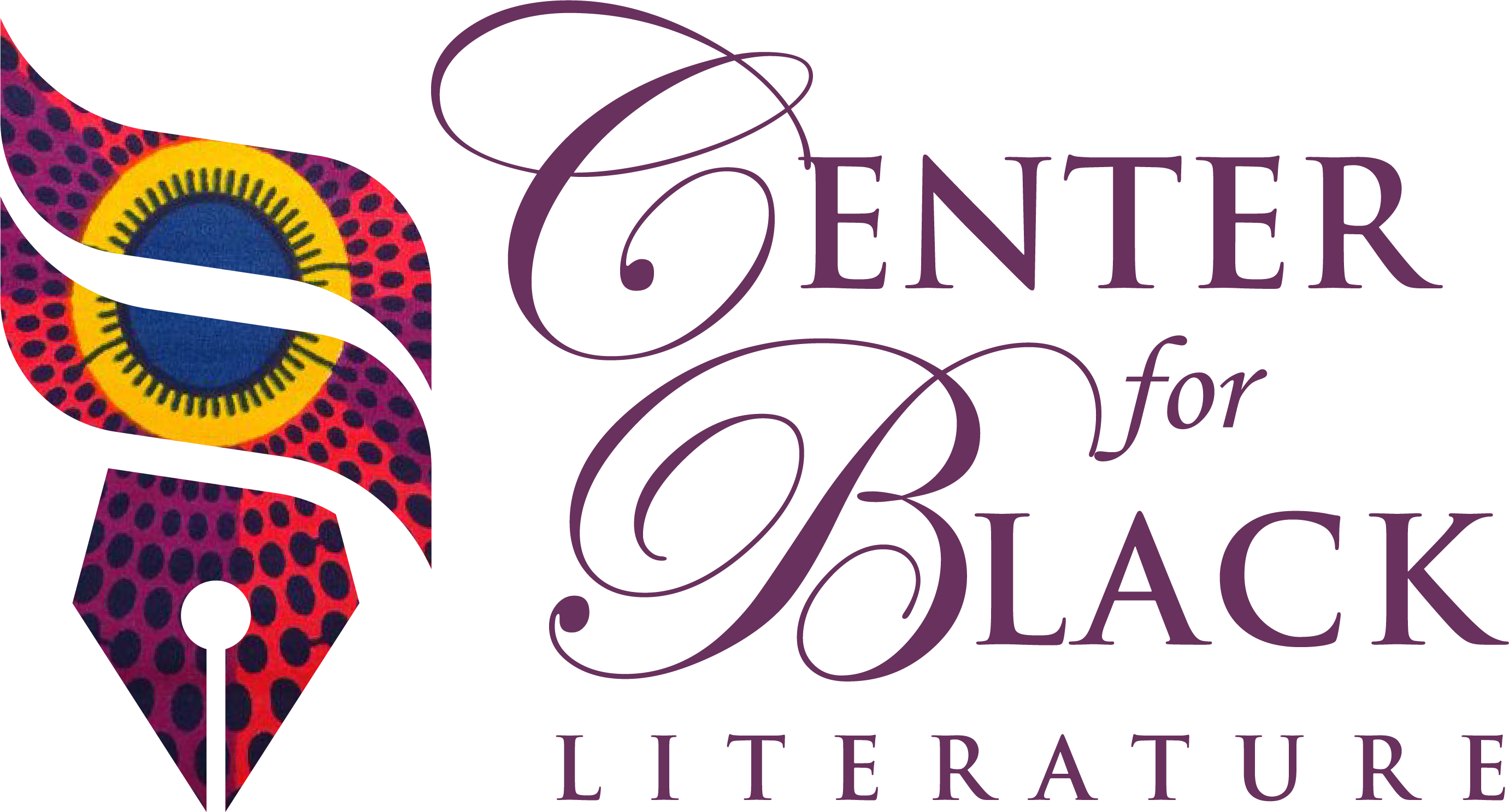By Cinnamon Barrington | March is recognized as Women’s History Month. Women’s History Month is a time to recognize the achievements of women throughout history and honor the continued progress that women have made in modern times. Most of my courses this month have focused on works by women writers. Some of my coursework has focused on the relationship between slavery and emancipation in 19th-century British writing. In her brief composition “On Being Brought from Africa to America,” Phyllis Wheatley exposes the deception of enslavement through the lens of Christianity morality.
Unlike abolitionist writers like William Cowper, Wheatly was among the first Black woman authors to write from the perspective of enslavement during the era of slavery. Though Wheatley could read and write, she was not allowed complete liberty in expressing her views or exposing the atrocities of slavery. Despite these restrictions, she writes in a complex yet accessible manner, telling her viewers of the brutality of slavery. Her subtle use of literary devices creates an appeal to her audiences to confront the incompatibility of slavery and religion. One thing I enjoy about Wheatly’s poetry is the subtle wordplay and upbeat tone with which she introduces her poems. She starts with an upbeat tone to pull the readers in and then slowly the tone shifts to reveal slavery’s brutality
Not only is “On Being Brought from Africa to America” a potent piece of poetry, but it was written by an enslaved Black woman at a time when reading and writing were illegal for enslaved people, and this fact contributes to the poem’s impact. On the plantation, only the slave owners and their families could access written language; however, Wheatley was able to learn the skill of reading and writing which was and still is an important tool in everyday life. “On Being Brought from Africa to America,” Wheatley’s most well-known work, was inspired by her experience of having her childhood stolen from her in Africa. Even though she was forced to become a slave, the family who owned her taught her to read and write. She used these skills to write in a way that would appeal to her intended readers (specifically the slave masters who were Christians), and her language vividly portrays the absurdity of enslavement.
The framework and the distinctive use of language make this poem among my favorites to read and annotate. There are only eight lines in total in the composition. After being removed from her homeland and forced to be a house slave, the speaker in the first four lines of the song seems thankful. The poem’s apparent positive message gives way to a more sarcastic tone, challenging the reader and implying Wheatley’s real message. Her choice of language —”mercy,” “pagan”— highlights the paradox of enslavement within the Christian worldview. The poem’s direct message shows how slavery is not only inhumane but also that the people who praise God are the same people who brutalize slaves for their own enjoyment. The last four lines of the poem shift into a darker mood, revealing the truths of slavery and racism. Figurative language creates a powerful image of the topic. The use of biblical allusion and terms of Christian veneration gives the reader a better look at the hypocrisy of individuals who promote slavery yet pray to a supreme deity for absolution.
Wheatley created a precedent for other Black writers, increasing their chances of being able to read and write during slavery. She demonstrated bravery in addressing the world with her critique of the irony of religion in the context of slavery and created an example for Black writers during this time. It must have been challenging to be a Black poet negotiating enslavement and the freedom to write everything, however indirectly, to her target readers. For this reason, Wheatley gives us an inside look at what an enslaved person who could read and write had to say about slavery.

